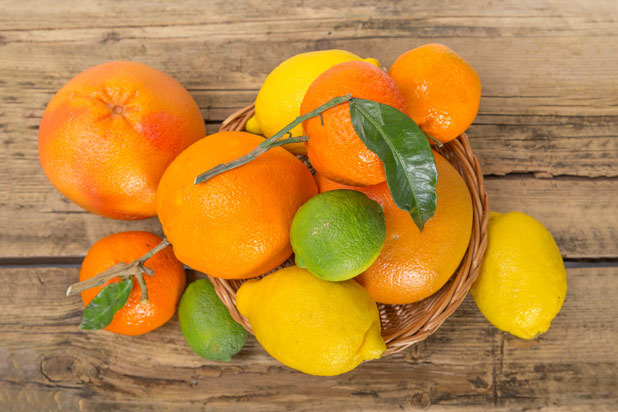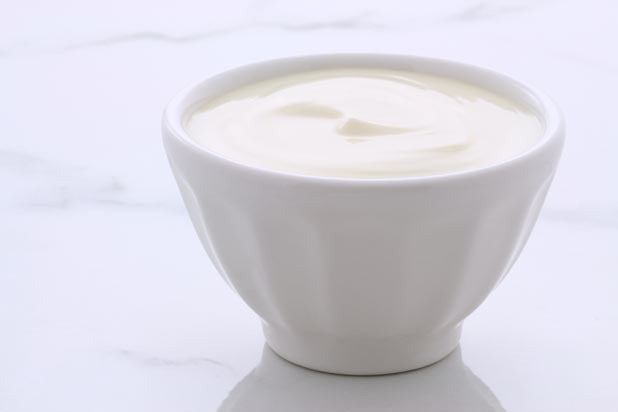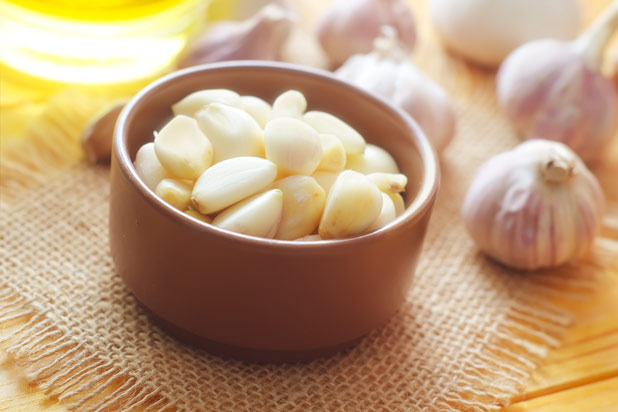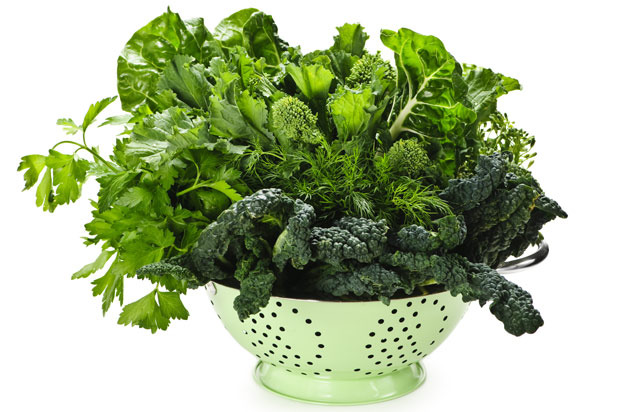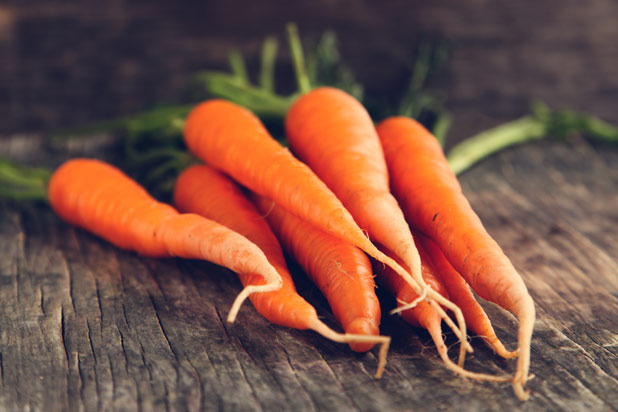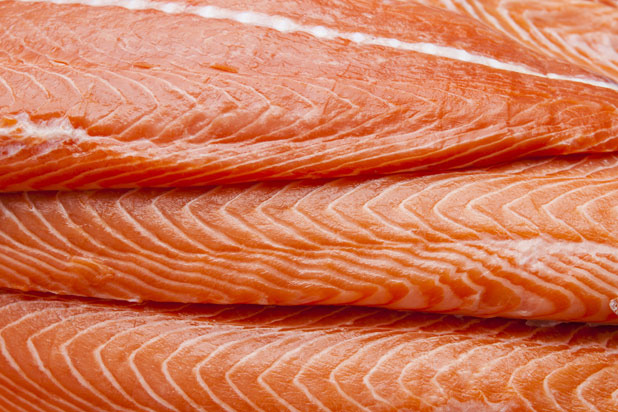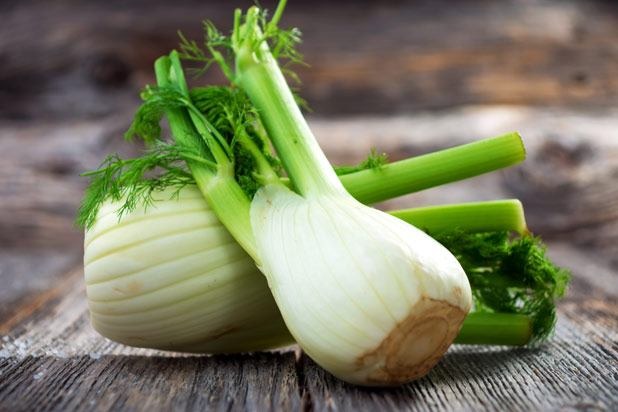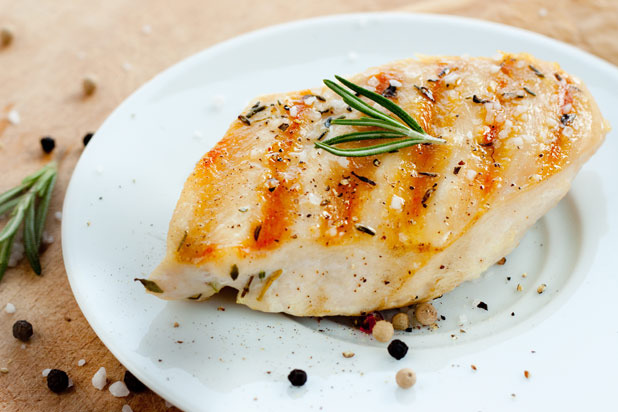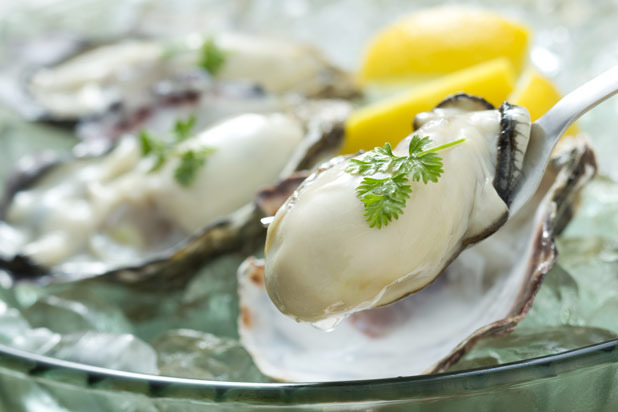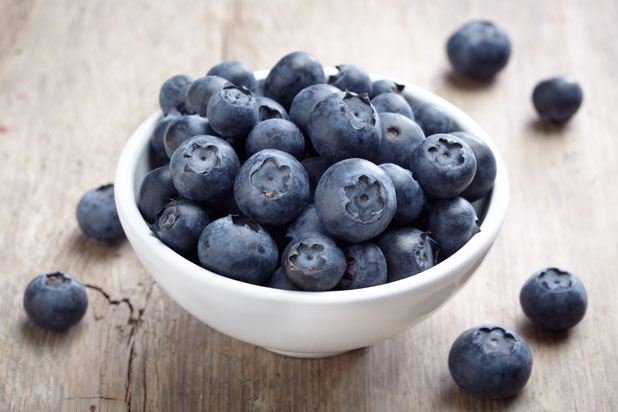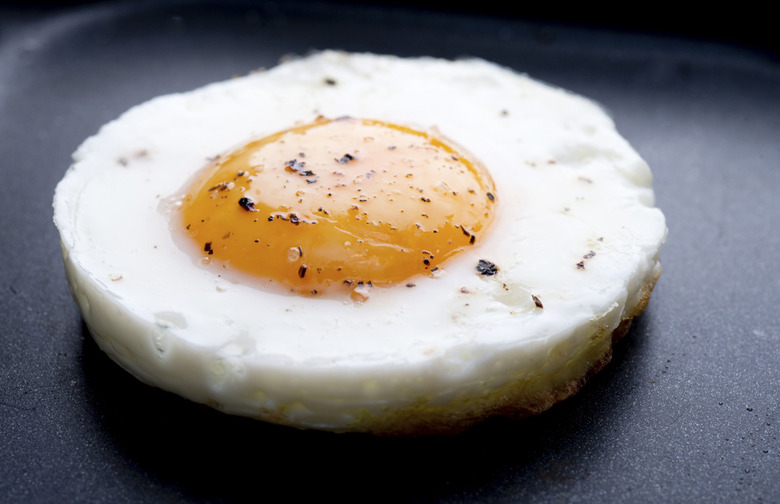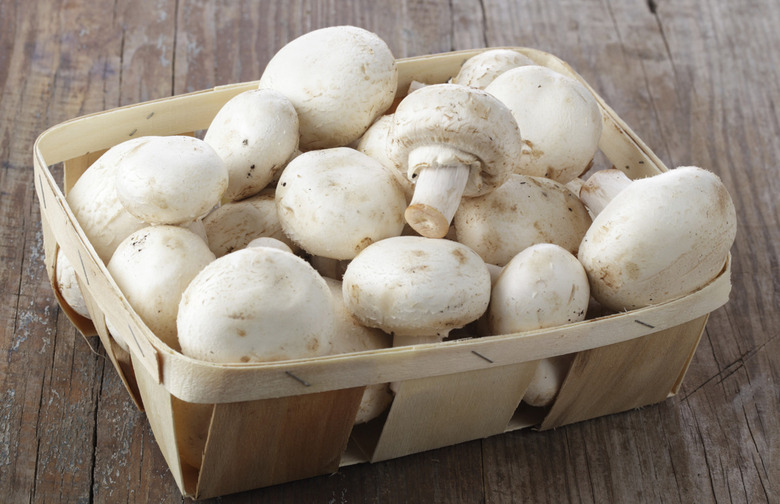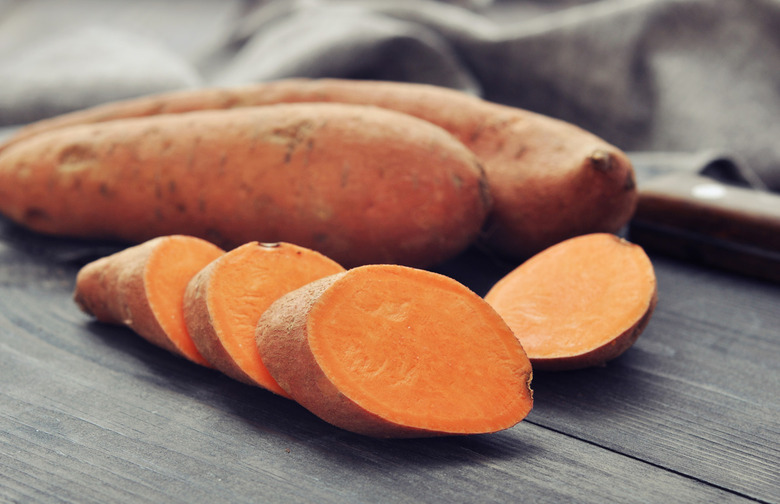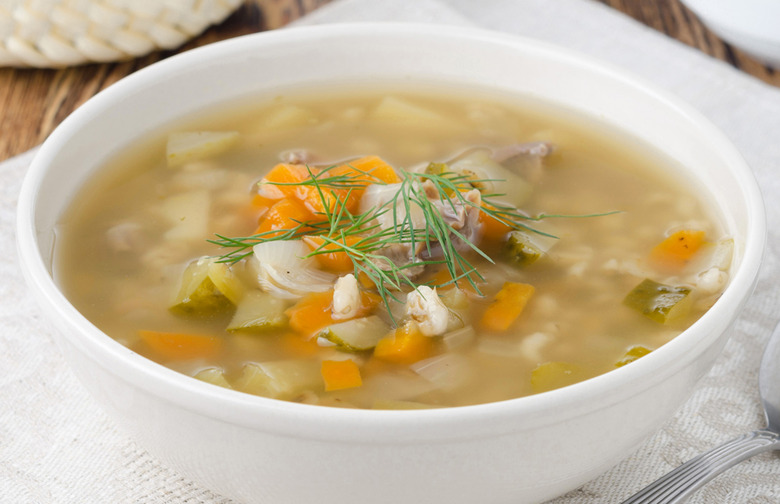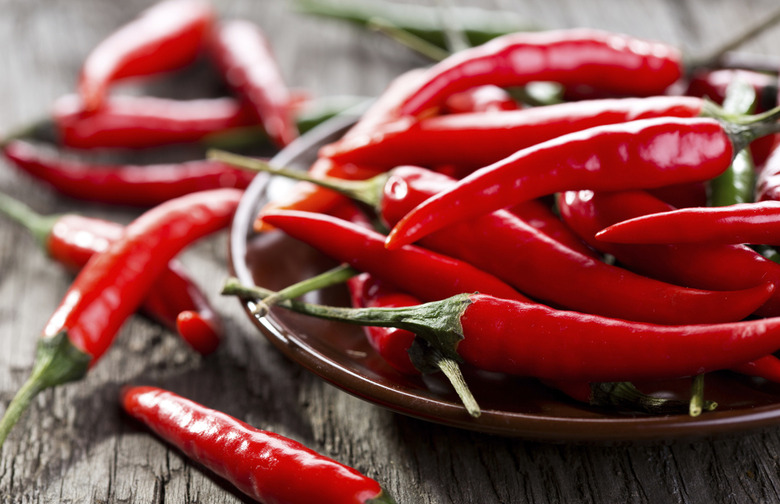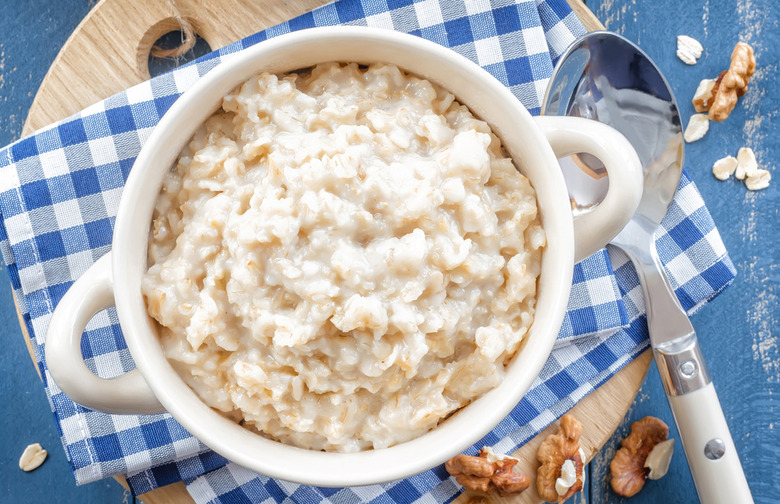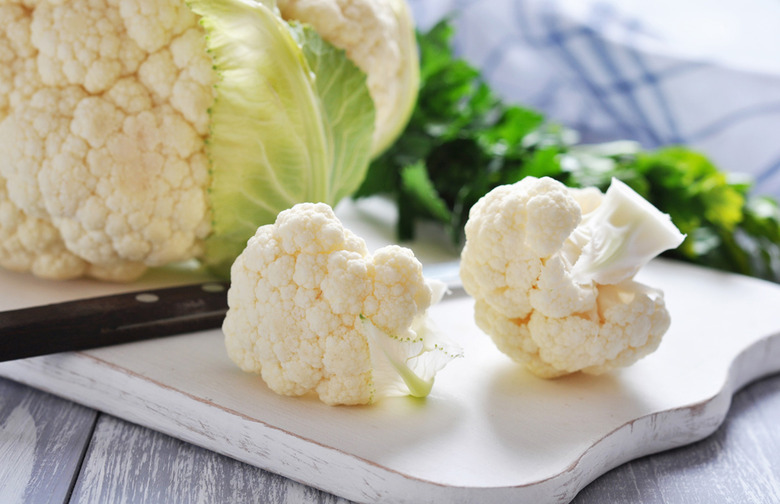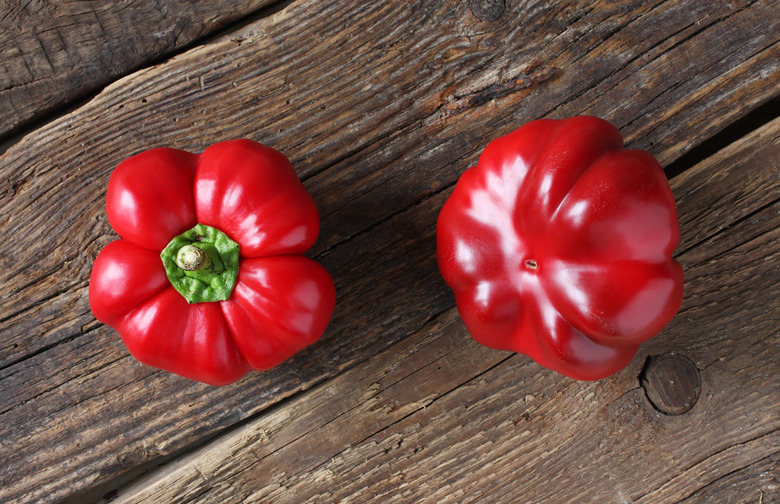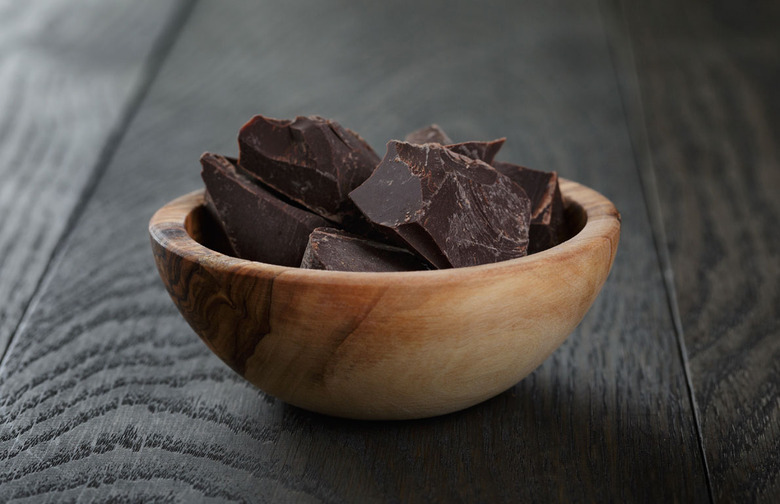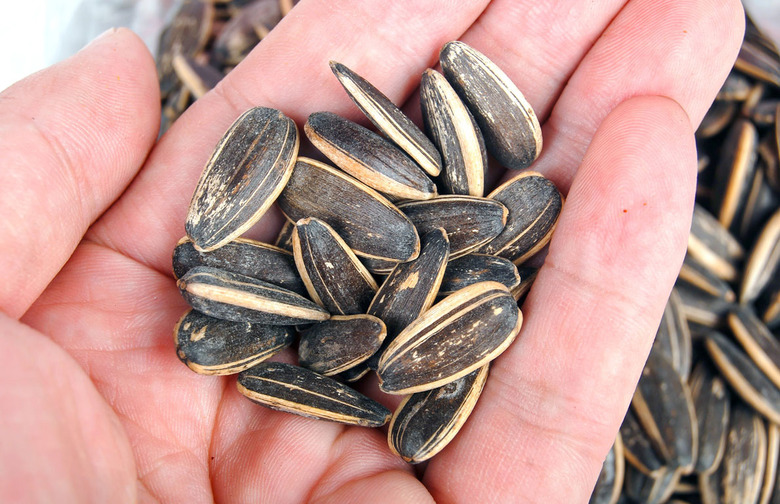What To Eat When You Have A Cold
When taken at the first sign of a cold, vitamin C has been proven to shorten its duration by about a day. So load up on the citrus fruits, which contain a whole lot of vitamin C. And don't be afraid to go overboard; it's nearly impossible to overdose on the vitamin.
Yogurt
Yogurt, kefir, and other similar foods contain plenty of probiotics, which are beneficial strains of bacteria that help digestion and prevent stomach problems. But their benefits don't end there: A recent study found that they also help lower the risk of upper respiratory tract infections.
Garlic
Garlic contains a sulfuric compound called allicin, which produces a powerful antioxidant, which is crucial in fighting a cold. It's most potent when eaten raw, but if you don't want bad breath there are plenty of garlic supplements out there as well.
Dark Leafy Greens
Leafy greens are about the healthiest foods we can put in our bodies, and kale is loaded with nutrients including vitamin K, A, and C, all of which help keep us healthy. The darker the green, the better.
Carrots
Carrots, and other orange vegetables like sweet potatoes, contain high levels of beta carotene, which is converted by our bodies into vitamin A. This vitamin is essentially in keeping us healthy and fighting colds: it helps keep our immune system strong, and keeps the mucous membranes in our nose and throat healthy.
Oily Fish
Omega-3 fatty acids are renowned for their power to reduce inflammation in the body, which can keep your immune system from doing its job properly. Oily fish like tuna, salmon, and mackerel are very high in this good fat, and can fend off colds and more serious diseases as well.
Fennel and Anise Seeds
Both fennel and anise seeds are natural expectorants, and also have antibacterial properties that can help to clear up congestion and ease coughing. Fennel can be eaten raw or roasted, and the seeds can be made into a tea.
Lean Protein
Lean protein, like skinless chicken, turkey, and pork loin, doesn't just help build muscle, it also helps us build up antibodies, which help us fight infection. So ask for extra chicken in your soup!
Oysters
Oysters contain more zinc than any other food on Earth, and zinc has been proven to shorten the length of colds. So ditch the Cold-EEZE (which contains about as much zinc as three oysters) and head to your nearest oyster bar.
Blueberries
Wild blueberries contain more antioxidants than any other fruit, and can be incredibly helpful in boosting immunity and keeping you healthy.
Eggs
Eggs are very high in zinc, an immunity booster that's the main ingredient in cold remedies like Cold-Eeze. It's been proven to shorten the duration of colds if taken within 24 hours of symptom onset.
Mushrooms
Mushrooms are very high in immunity-boosting antioxidants as well as fiber, potassium, and vitamin B. Each mushroom has different properties; shiitakes contain cancer-fighting lentinan, and several varieties are grown under ultraviolet light, which encourages vitamin D production.
Sweet Potato
The vitamin A in sweet potatoes helps boost the immune system by producing white blood cells and keeping mucous membranes healthy.
Chicken Soup
Chicken soup helping cure a cold isn't just an old wives' tale. The broth can help alleviate congestion and a sore throat, and chicken is full of cytesine, an amino acid that helps to thin mucous.
Spicy Food
Spicy food gets your eyes watering and your nose running, flushing out the sinuses, which is great for those who are battling head colds.
Oatmeal
Oats contain a type of fiber called beta glucans, which helps fortify the immune system.
Cauliflower
Cauliflower contains a powerful antioxidant called glutathione, which can help boost your immune system.
Red Peppers
Red peppers are extremely high in vitamin C; one red pepper contains 150 milligrams of the vitamin. Compare that to an orange, which only contains 100 milligrams!
Dark Chocolate
Dark chocolate (stick with small portions of chocolate that contain 70 percent cocoa or higher) is absolutely loaded with a disease-fighting antioxidant called polyphenols, containing more than most berries. It's also very high in zinc.
Sunflower Seeds
Sunflower seeds are one of the best natural sources of vitamin E, an antioxidant that protects cell walls and protects the lungs against oxidative stress.
